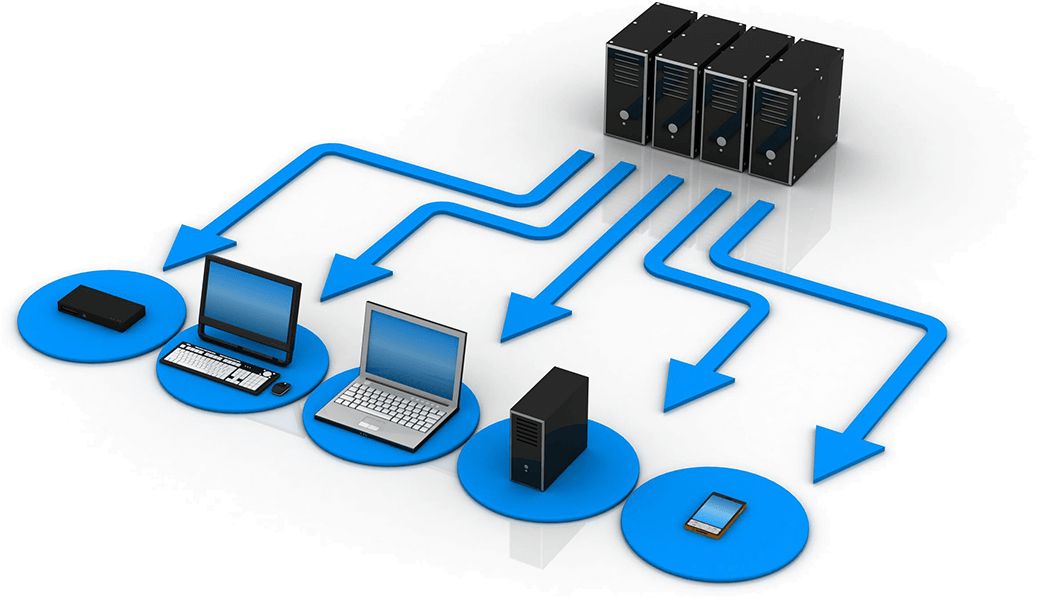
In an era where technology is evolving at an unprecedented pace, retailers are challenged to keep up with shifting consumer demands, market dynamics, and sustainability expectations. A future-ready retail supply chain necessitates an advanced infrastructure that can efficiently adapt and integrate emerging technologies. This article explores innovative infrastructure solutions that can prepare retail supply chains for the demands of tomorrow.
1. Data-Driven Decision Making
Data is the lifeline of modern retail operations. Leveraging big data analytics and artificial intelligence (AI) in retail supply chains can offer invaluable insights into consumer behavior, demand forecasting, inventory optimization, and operational efficiency. Implementing robust data collection mechanisms and investing in analytics tools enables retailers to make informed decisions, enhance customer experiences, and streamline supply chain processes.
2. Internet of Things (IoT) and Sensor Technologies
IoT and sensor technologies play a pivotal role in the modern retail supply chain. By integrating sensors into storage facilities, delivery vehicles, and even individual products, retailers can monitor real-time conditions, track inventory levels, and ensure product quality and safety. IoT-powered devices can enhance supply chain visibility, reduce wastage, and optimize logistics by enabling predictive maintenance and route optimization.
3. Blockchain for Supply Chain Transparency
Blockchain technology offers a secure and immutable way to record transactions and create a transparent supply chain ecosystem. Retailers can utilize blockchain to trace the journey of products from manufacturing to the hands of consumers. This enhances trust, provides authenticity, and ensures compliance with sustainability and ethical sourcing standards, a key concern for modern consumers.
4. Automation and Robotics
Automation and robotics are becoming increasingly prevalent in retail supply chains, revolutionizing various operations. Automated warehouses, robotic picking and packing systems, and autonomous delivery vehicles streamline processes, reduce costs, and enhance speed and accuracy. Embracing automation not only boosts efficiency but also addresses labor shortages and ensures continuous operations.
5. E-commerce Fulfillment Centers
The exponential growth of e-commerce has necessitated the development of dedicated e-commerce fulfillment centers. These centers are strategically located to facilitate faster and cost-effective order fulfillment. Retailers can optimize their supply chains by investing in and strategically locating these centers to ensure timely deliveries and meet customer expectations for rapid shipping.
6. Sustainable Packaging and Distribution Centers
Sustainability is a growing concern for consumers and businesses alike. Retailers are increasingly focusing on sustainable packaging and distribution centers to minimize their environmental footprint. Implementing eco-friendly packaging materials and optimizing distribution centers for energy efficiency and waste reduction not only aligns with sustainability goals but also attracts environmentally conscious consumers.
7. Cloud-Based Supply Chain Management Systems
Utilizing cloud-based supply chain management systems enables retailers to enhance collaboration, scalability, and flexibility. Cloud solutions provide real-time access to critical data, support remote work, and facilitate seamless integration with partners and suppliers. They empower retailers to adapt swiftly to market changes and optimize supply chain operations in a rapidly evolving business landscape.
8. Collaborative Supply Chain Networks
Collaborative supply chain networks involve establishing strong partnerships and collaborations with suppliers, manufacturers, logistics providers, and retailers. By fostering a network of interconnected stakeholders, retailers can improve agility, reduce lead times, and enhance overall efficiency. Open communication and shared goals among network participants lead to a more responsive and customer-centric supply chain.
Conclusion
To stay ahead in the fiercely competitive retail landscape, it’s essential for retailers to invest in future-ready infrastructure solutions. Data-driven decision making, IoT and sensor technologies, blockchain for transparency, automation and robotics, e-commerce fulfillment centers, sustainable practices, cloud-based management systems, and collaborative networks are key components of an infrastructure that can propel retail supply chains into the future. By embracing these solutions, retailers can enhance efficiency, sustainability, and customer satisfaction, ultimately ensuring long-term success in an ever-evolving retail industry.

